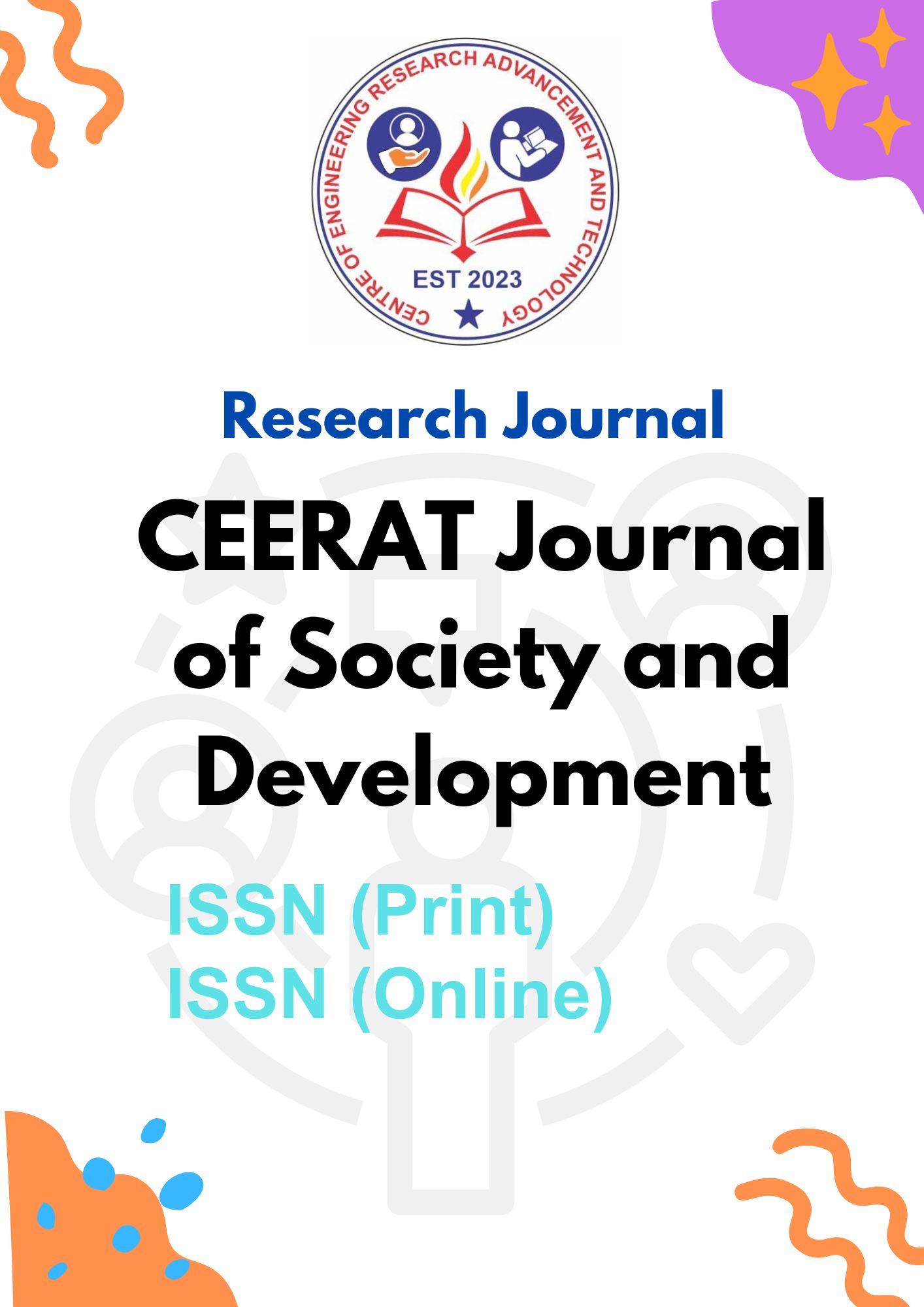Determinants of Dengue Transmission in Pakistan: A Meta-Synthesis of Environmental, Social, and Institutional Factors
Keywords:
Socio-economic, Cultural, Psychological, Child Malnutrition, Mental Growth Dengue Fever, Socio-ecological Determinants, Climate Change; Vector Control, Epidemic Preparedness, Meta-synthesisAbstract
Dengue fever has emerged as a major public health threat in Pakistan over the past decade, driven by a convergence of environmental, socio-economic, and institutional vulnerabilities. Despite substantial primary research on individual determinants, there remains a lack of integrated analysis that consolidates cross-disciplinary findings. This study aims to synthesize evidence from 32 empirical studies conducted in Pakistan between 2015 and 2024 to identify and analyze key factors associated with dengue transmission. The objective is to map thematic convergence across disciplines and propose a holistic framework to inform sustainable epidemic response strategies. A systematic review and thematic meta-synthesis were conducted, following STROBE quality criteria. Studies included cross-sectional surveys, retrospective case analyses, GIS-based spatial studies, and behavioral assessments. Thematic coding was applied using a grounded theory approach to identify recurrent determinants and conceptual linkages. Four dominant thematic clusters emerged: (1) climatic variability and urban ecology, (2) socio-economic disparities and risk exposure, (3) gendered patterns in prevention and treatment access, and (4) limitations in institutional preparedness and inter-sectoral coordination. These factors interacted with the shape of the scale, timing, and geographic intensity of outbreaks. Dengue transmission in Pakistan is shaped by a complex interplay of climatic, social, and institutional factors. This meta-synthesis highlights the need for integrated, anticipatory, and locally adaptive responses grounded in interdisciplinary evidence. Policy responses must move beyond episodic containment toward structural investments in climate resilience, equity in health access, and public health system capacity.




